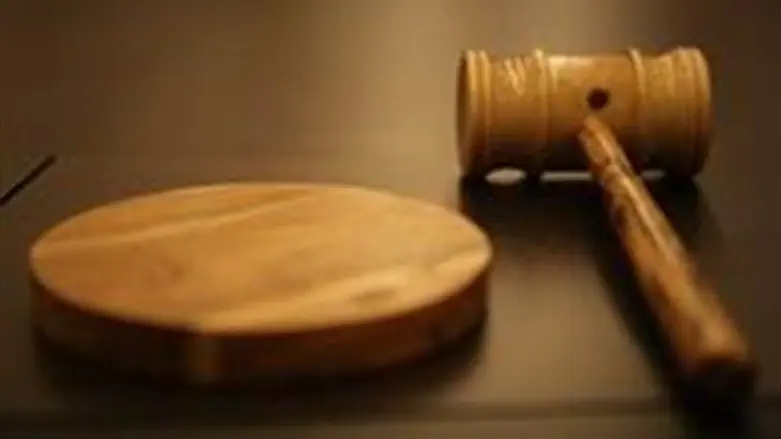
Twenty three years after the events themselves, and eleven years after an indictment was first handed down, two Israelis were finally sentenced for embezzling money from the bank account of a moshav. Judge Limor Margolin-Yehidi called the long, drawn out process “a ridiculous example of justice postponed.”
According to the indictment against Dror Polchak and Menachem Bachinsky, two officials of Moshav Nordia in central Israel, they embezzled some NIS 1 million from the moshav's bank accounts between 1991 and 1998. An investigation was opened against them in 1998, and in 2003 they were indicted.
However, it took eleven years of proceedings to conduct the trial – an “unacceptable delay,” the judge said. At least 100 court sessions were held to discuss the case, although there were a total of 18 witnesses, for the prosecution and defense combined.
The judge blamed much of the delay on the “pretentious behavior of attorneys in the case” on both sides, who engaged in a great deal of “grandstanding,” presenting arguments and evidence that had little, if anything, to do with the case. The state, especially, sought to implicate the two in all manner of conspiracies, all of which were apparently spun from whole cloth, the court said.
Another factor in the delay was a strike by state attorneys in 2010. Due to that strike, attorneys for the state failed to show up for the trial – and the court threw the case out. A year later, the state appealed, claiming it had new evidence, and the current trial concluded several months ago, with sentencing finally taking place Sunday.
“I searched in the archives for similar cases that extended for such a long period, and I couldn't find one,” Margolin-Yehidi said. “Unfortunately, I have to take into account the lengthy amount of time that this case went on when deciding on sentencing. Defendants have a right to expect a decision in their case after a reasonable amount of time.” The defendants were sentenced to ten and nine months in prison respectively, and fined NIS 125,000 each. There was no word on how much it cost the state to conduct the lengthy trial.